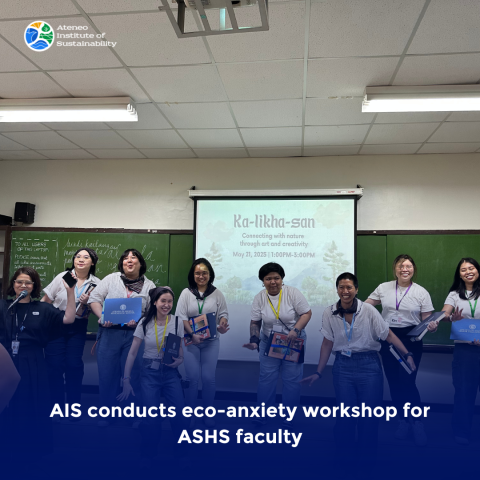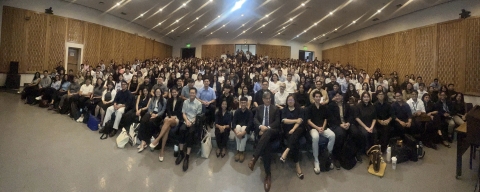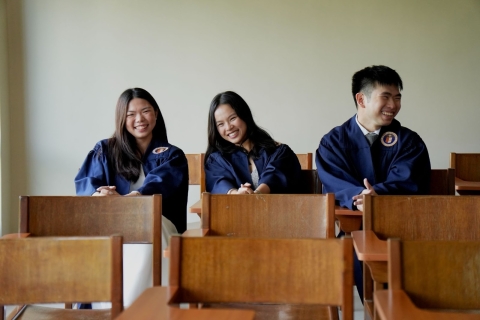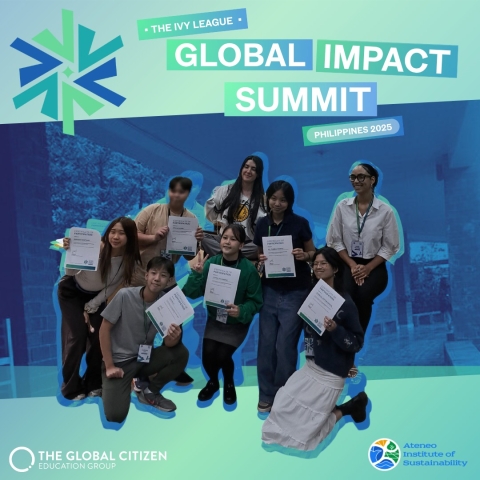The Lily hosts roundtable discussion on the futures of educational leadership
17 Mar 2025
The Lily Gokongwei Ngochua Leadership Academy of Ateneo's Gokongwei Brothers School of Education and Learning Design hosted a roundtable titled "Learning from the Future, Leading for the Future: A roundtable discussion on the Futures of Educational Leadership" on 4 March 2025 at the Hive in Aretè, Ateneo de Manila University. The roundtable saw guests and speakers from various institutions from around the Asia-Pacific region come and share their thoughts on the future of educational leadership.
The event was opened by Dr Maria Luz Vilches, Ateneo de Manila University Vice President for Higher Education.
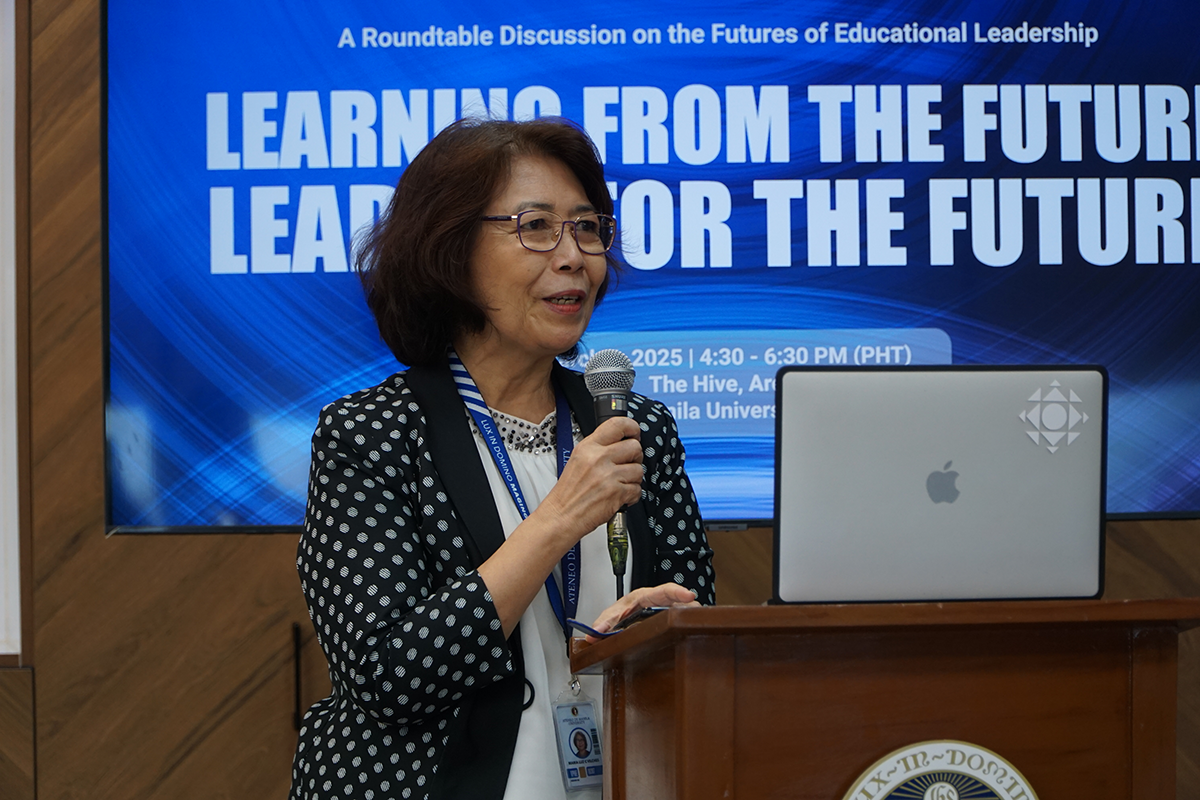
Following Dr Vilches' opening remarks, Marite P Irvine, Executive Director of GBSEALD's Research Institute for the Futures of Education (RIFE) gave a presentation on why educators need to look to the future and consider what form education will take in it.
Here, Irvine mentioned how the "future" has become a hot button topic as of late, as certain global trends and events, such as climate change, technological disruption, social instability – on top of the recent global pandemic – have begun to affect our lives more on a day-to-day basis.
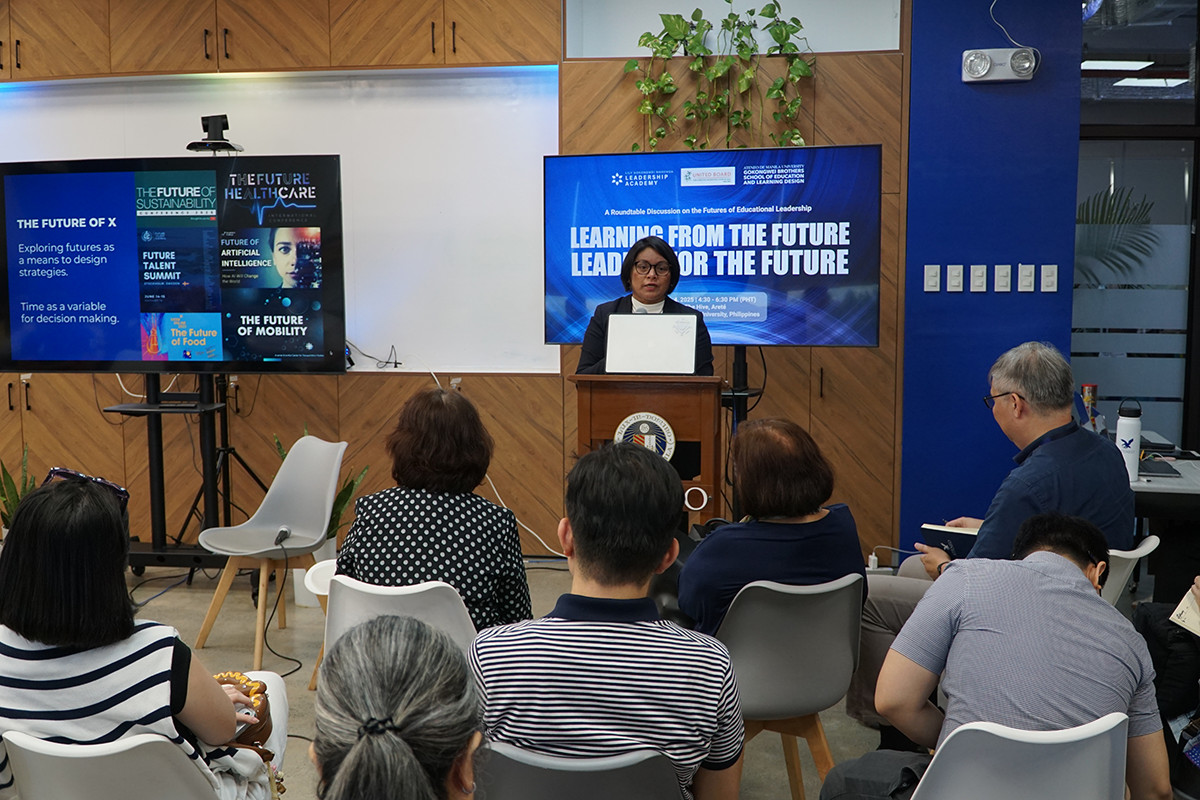
"This is why suddenly the word future has become sexy," she states. "Everyone wants to figure out what is the future of X just the number of conferences and the number of talks that have emerged in recent years speaks to us about the need to figure out what is coming at us."
She then goes on to the need to explore futures – emphasizing the use of the plural version of the word due to its uncertain nature and the possibility of multiple outcomes depending on what is done now.
"What I find particularly interesting about bringing to light this idea of Futures thinking is temporality," she added. "The idea of using time as a variable for decision making."
"Futures thinking is a mindset and a methodology that explores possible probable and preferable Futures to anticipate change and inform present decision."
Irvine's presentation was followed by the introduction of the panelists for the roundtable. These were Gerson Abesamis, Director of the Education Futures Office of the Department of Education, and Co-Founder of Habi Education Lab; Dr Lizan Perante-Calina, Dean of the Development Academy of the Philippines - Graduate School of Public and Development Management, and President of the Philippine Futures Thinking Society; and Dr Nur Anisah Abdullah, an Associate Professor of the College of Education of Tamkang University, and the Managing Editor of the Journal of Futures Studies.
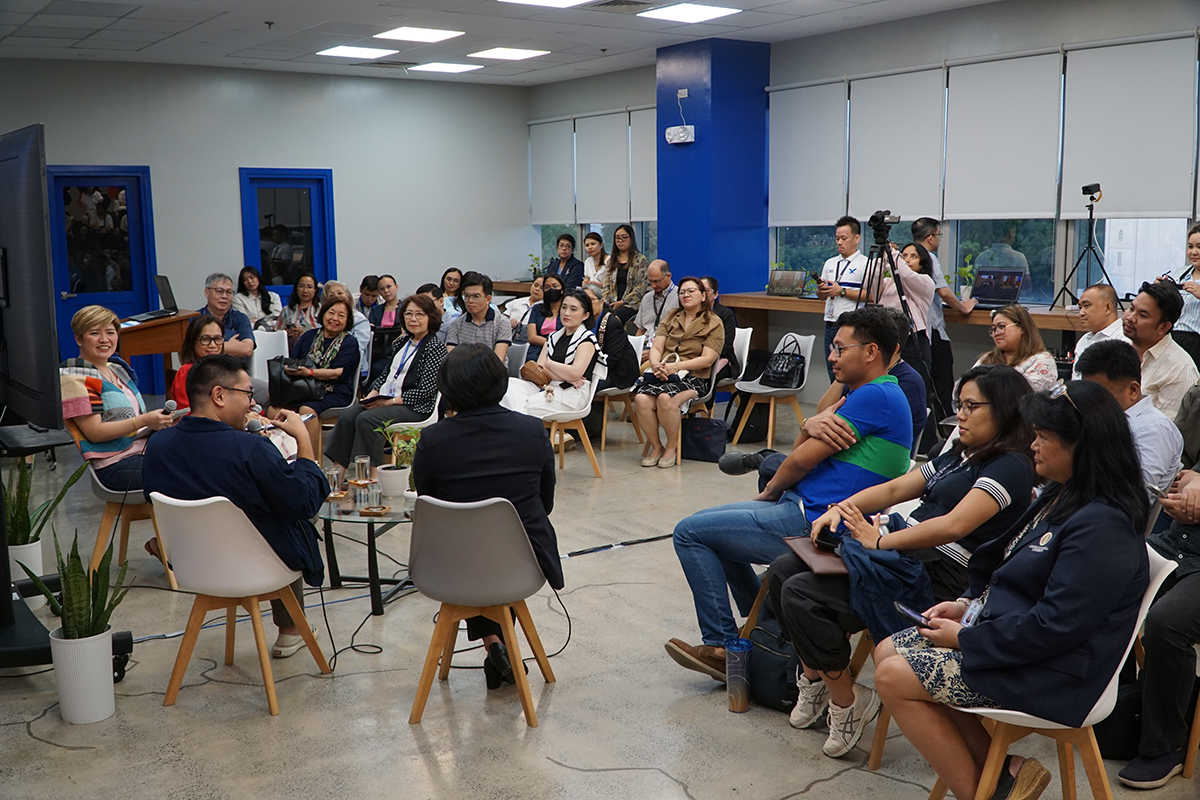
The roundtable centered around three questions. First was what the panelists' visions of the future for learning and teaching in this age of Gen AI and climate change. The second asked them to identify the critical uncertainties for Asian education that educators should anticipate and prepare for in the coming decade, given the risks brought by geopolitics, geo-hazards, and extreme weather. Finally, the third asked them to make recommendations for higher education institutions looking to institutionalize futures thinking.
In addition, the panelists also participated in an open forum where they answered questions from the audience.
Following the panel and open forum, Dr Jakarin Srimoon, Program Director of Leadership Development of the United Board for Christian Higher Education in Asia (UBCHEA), delivered the closing remarks on behalf of UBCHEA President Dr Pareena Lawrence.
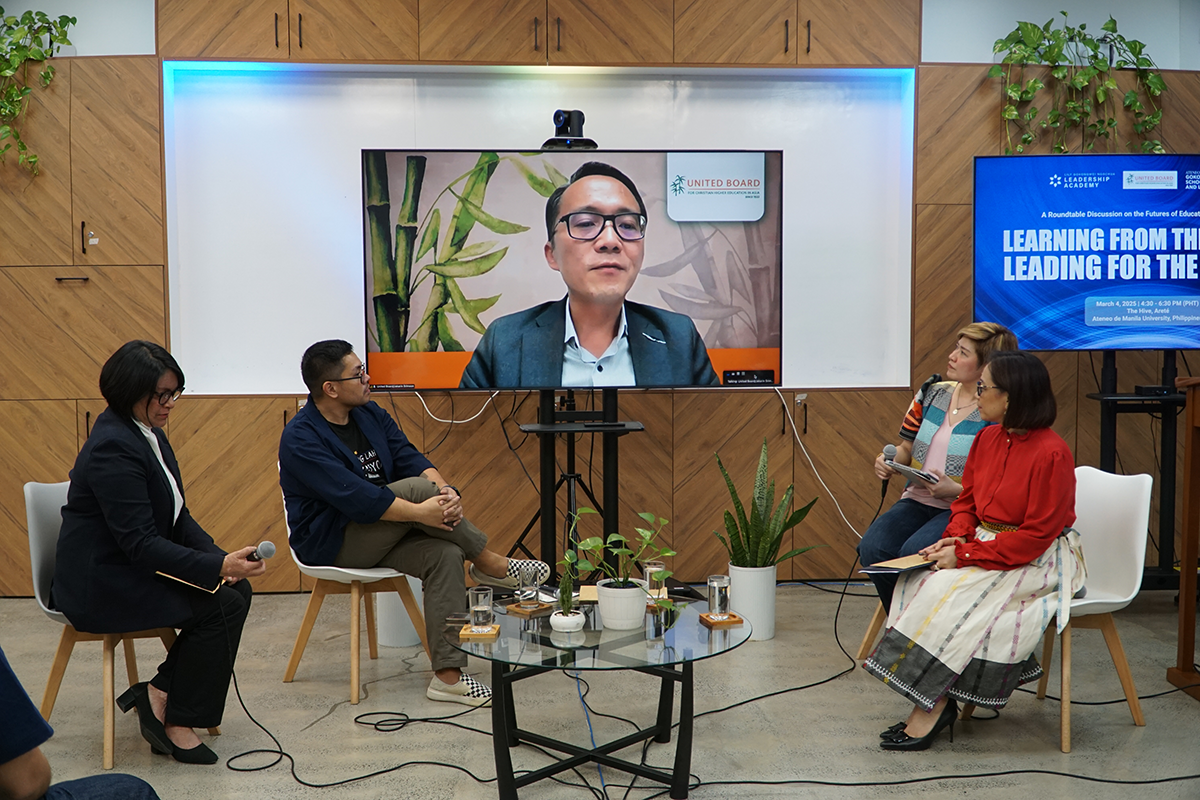
Here, Dr Lawrence called the event a "vital opportunity" to explore how futures thinking can empower educational leaders as they face the rapidly changing complexities of today.
"Insight shared today by our accomplished speakers and panelists will undoubtedly Inspire Innovative approaches and collaborations that will help shape the future of Christian education across Asia and Beyond."
The message concluded with Dr Lawrence reminding the attendees that while "the future is not certain," it was important to discern what the possible futures may be so that educators and educational leaders can learn from them and lead towards the one they deem best.



